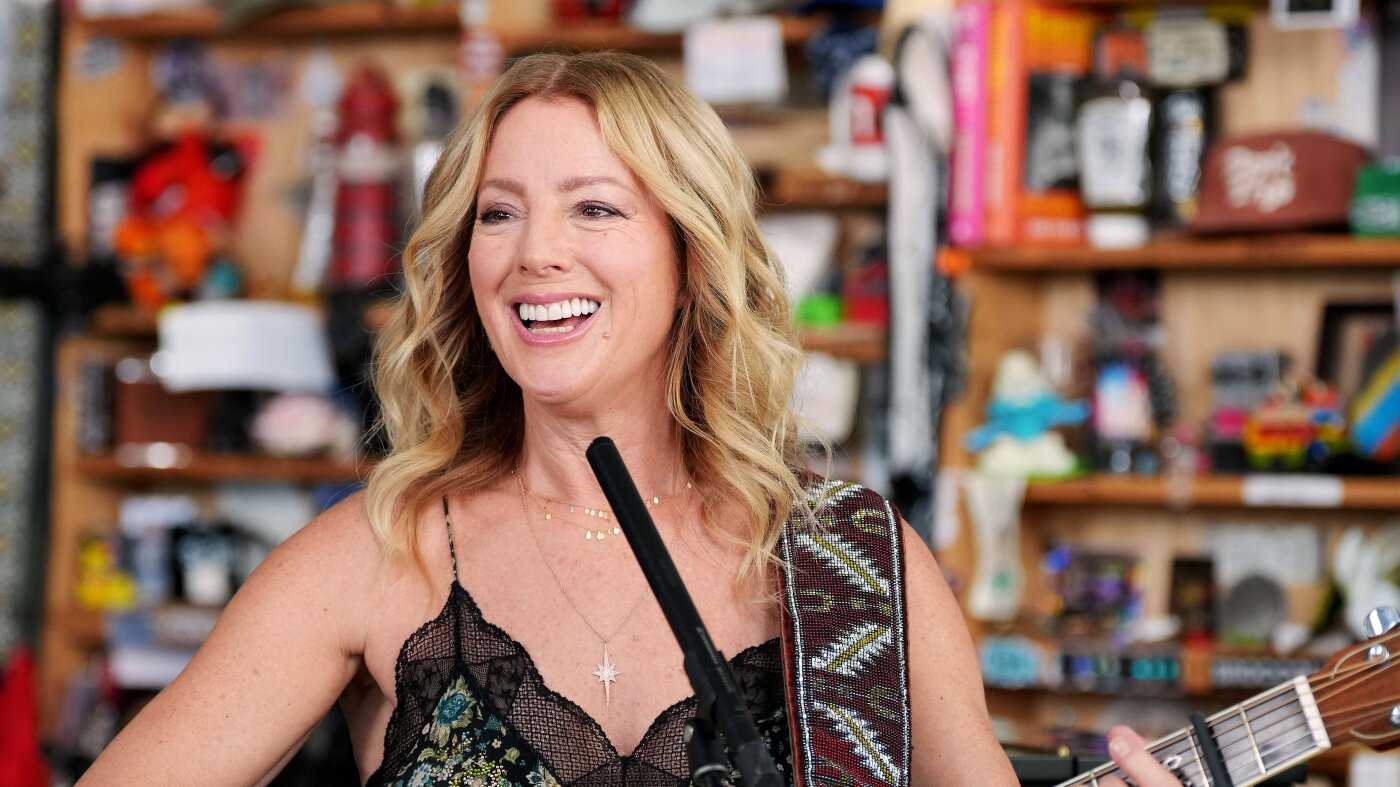Sounds associated with spaces of Black resistance are stitched together with the precision of a neurosurgeon. In “Runaway,” Detroit local Roberta Sweed sing-talks short phrases in her baritone voice like a pastor giving a sermon, and the warm e-piano stabs give it even more of a church feel. Norma Jean Bell’s saxophone lines echo from afar, like the jazz club is located just next door; similarly, the four-on-the-floor house kicks pump through the front of the mix, evoking a club environment. All of these threads tie together naturally, speaking to how Black music genres inform one another. The juxtapositions reimagine Black public spaces as self-sustaining ecosystems that people give to and take from, hubs that prioritize new ways of learning and feeling outside of the crippling grip of White hegemony.
Throughout the record, Moodymann conjures deep feelings of sexual overindulgence. “Oohs” and “ahhs” and a chugging smoothness indebted to repetition and warm mixes give rise to a horniness both self-aware and humorous. The moan samples on “Roberta Jean Machine” are exaggerated, even uncomfortable, but when they interact with the angelic harp glissandi and pads, they’re less pornographic than spiritual. It sounds like the music is working through these people in ways that don’t feel easily recognizable, suggesting that catching the holy ghost can feel as rapturous as climaxing on the dancefloor. On the bare “Riley’s Song,” a shriek of “Eoowwwww!” echoes against the haunting atmosphere created by oscillating keys and large pockets of space. Even on the darkest track of the album, this moment makes things hot and steamy, Moodymann letting up on his usual high energy for his playfully erotic vision of a slow dance.
Black Mahogani straddles between its utility as a collection of dance songs and its scope as a storybook—a quality that makes it feel timeless. “Mahogani 9000,” the penultimate track, opens with a Blaxploitation sample of a woman discussing how white people in downtown Detroit are a “1-to-9 minority,” and eventually fades in and out of four different grooves, incorporating more cultural Black samples (like Curtis Mayfield repeatedly shouting “I’m that nigga!) and sampling other tracks on the album against stuttered drums and guitar licks à la ’70s Miles. These rapid and stark groove changes feel like infractions against a traditional house structure where the beat of a single track should ride out for a certain amount of time, but that is precisely the point. “Mahogani 9000” wields various drum patterns to situate it in the context of a Detroit dance set from its era, and it manipulates its malleable surroundings via samples to breed more possibilities of sociopolitical commentary. The incessant and addictive rhythms let it go off in the club, but the subtext could slip by when you’re sweaty and drowning on gin-and-tonics. It is an active piece of work that asks but doesn’t beg for audience participation, allowing us to meet it where we wish: an ethnography evocative enough to dance to and personal enough to exude Moodymann’s genuine love for his city.



